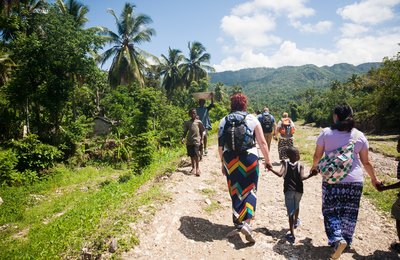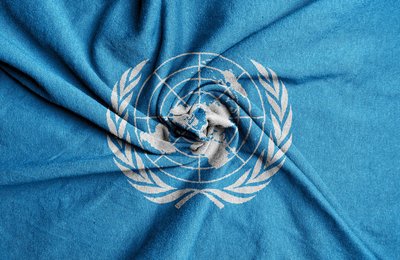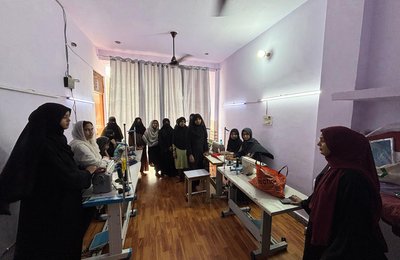Research this month
Local peace processes in Sudan and South Sudan
The terrible reality of the dynamics of the recent violence confirms that all national peace must have its foundations in local peace.
Local peace processes in Sudan and South Sudan, from USIP, examines how local peace processes can be effectively supported, and why this is important to achieving sustainable peace. The report is based on a case study the Western Corridor, an area of grazing land on the border between Sudan and South Sudan.
A window of opportunity for Somalia: will external actors’ peacebuilding frameworks help or hinder the effort?
The overall picture emerging is one where international actors are trying to implement international learning about peacebuilding, but also one where externally-driven donor aid allocations and disbursement timelines risk undercutting Somali decision-making and consensus-building on peacebuilding.
A window of opportunity for Somalia, from the NYU Center on International Cooperation, surveys the ways in which external actors are approaching peacebuilding in Somalia. The report finds no unified strategy and cautions that externally-driven priorities may undermine local capacity.
Extremism as mainstream: implications for women, development & security in the MENA/Asia region
Some women’s organizations are directly engaging with communities, others are challenging the monopoly of religious authorities over definitions and interpretations of Islamic text.
Extremism as mainstream, from the International Civil Society Action Network, explores trends behind extremism and how this effects women and civil society, in the MENA/Asia region. The report looks at both the negative effects felt by women, and how women are organising to counter extremism.
Key challenges of security provision in rapidly urbanising contexts: evidence from Kathmandu Valley and Terai regions of Nepal
While the Nepal Police have a significant and often undervalued role to play in the sustainable prevention of violent urban crime, a wider ‘developmental’ approach involving state, and non-state actors (as well as armed groups themselves) is also needed.
Key challenges of security provision in rapidly urbanising contexts, from the Institute of Development Studies, looks at the difficulties in providing security and preventing violent crime in rapidly urbanising areas of Nepal. The paper suggests some keys areas on which to focus in order to improve the situation.
Re-thinking gender in peacebuilding
A broader and deeper understanding is more effective for increasing gender equality, for reducing the exclusionary processes that affect men, women, boys, girls and gender minorities differently, and for increasing the ability and space available for societies and individuals to manage and resolve conflicts non-violently.
Re-thinking gender in peacebuilding, from International Alert, seeks to deepen the understanding of how a gendered approach can result in more effective peacebuilding. The paper makes the case that a gendered approach must also take into account the complexities of gender and not simply view women as victims and men as perpetrators.
DM&E for Peace: Thursday talks
Thursday talks, from DM&E for Peace, are a regular series of discussions on important issues within the field of peacebuilding evaluation. They take place on Thursdays from 10 am to 10:45 am EDT. Topics range from cultivating a reflective discussion between funders and implementers in regards to evaluation, to the politics of developing organization-wide indicators or M&E processes.

















